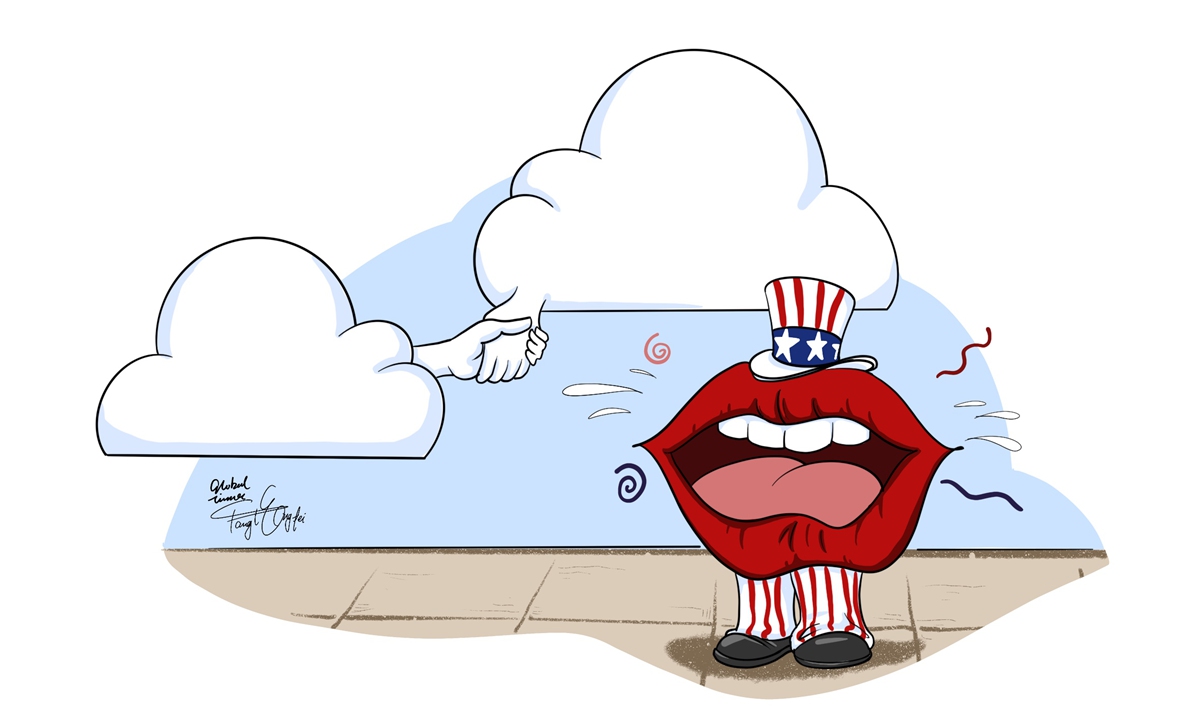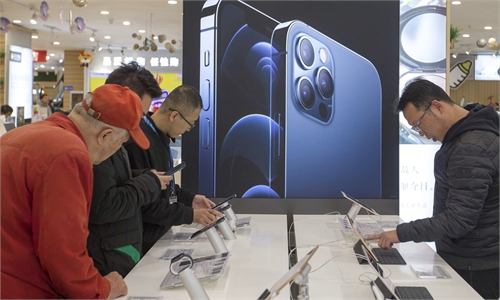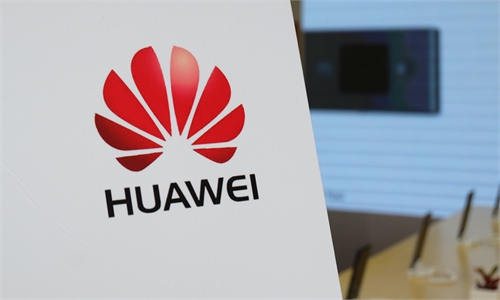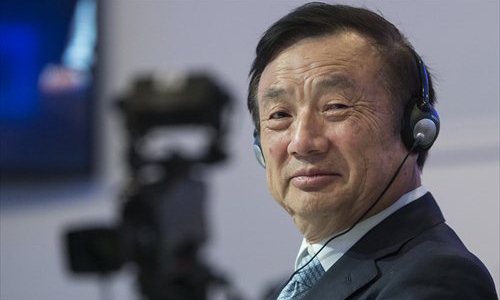COMMENTS / EXPERT ASSESSMENT
Washington persists with reckless attack against Huawei

Illustration: Tang Tengfei/GT
Amid US' accelerating assault on Chinese high-tech firms, a Washington-based think-tank recently issued a report playing up the so-called security warning over products and services from Huawei, which has had to endure rounds of reckless attack from the US government.A number of Western countries are banning Huawei's 5G from their mobile networks, but "warnings about Huawei's security risks do not appear to be persuading decision-makers in developing countries," the Center for Strategic and International Studies (CSIS) of the US said on Monday.
CSIS has identified 70 deals in 41 countries between Huawei and foreign governments or state-owned enterprises for cloud infrastructure and e-government services, said the report. It noted that most of the deals are from emerging markets in Africa, Asia and South America.
From 5G to cloud services, though there are some differences between the two sectors, the basic logic and pattern of the US government crackdown on Chinese high-tech firms are the same. With Chinese companies catching up or even surpassing the US in certain technology fields, hegemony-minded Washington has started to accelerate suppression and crackdown on Chinese firms in order to prolong America's technological hegemony in the world.
And Washington has spared no effort to contain the development of China, from producing and spreading rumors, restricting trade and supplies to cajoling and threatening other countries to sever cooperation with firms from China.
Not only Huawei's network security risk allegation has never been proved with facts, the intention of the US government to maintain its technological hegemony is crystal clear among international community.
Every country has its own interest to pursue, such as choosing the most appropriate tech standards or services to speed up the upgrade of their growth pattern and attain a better future for their people, especially for those less developed countries which have missed the previous round of informatization.
Instead of catering the US' geopolitical agenda, these developing countries have their own interest to pursue, and Huawei has its own advantages in offering competitive products and state-of-the-art technology at reasonable prices, not to mention the company's long-cultivated cooperative ties with local businesses in those nations.
Taking the cloud service as an example, with similar level of service offered, Chinese companies have recorded only about one sixth to one seventh of revenue comparing to US firms. Under such circumstances, Washington, in order to maintain its hegemony, may need to offer more competitive services, other than simply baseless warnings.
While the global economy has been battered by the onslaught of COVID-19, less-developed countries are facing tougher challenges to recover from the economic fallout. With many countries have initiated 5G network deployment and speeded up development of their digital economy, it's reasonable and wise for the developing countries to stay out of geopolitical games and pursue an effective advance of new technologies.
On the other hand, offering better products and services will safeguard the long-term growth of the Chinese firms despite obstruction from the US government, and the 5G front-runners Huawei and ZTE will keep working overseas diligently with local businesses, help create more job opportunities and upgrading their economies.
The article was compiled based on an interview with Ma Jihua, a senior tech industry analyst based in Beijing. bizopinion@globaltimes.com.cn



